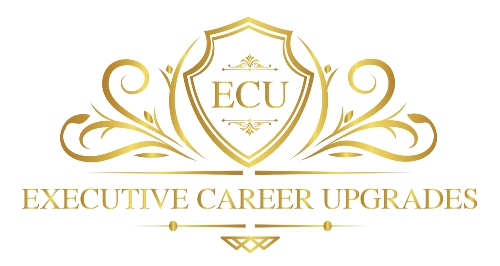Navigating the complexities of professional growth often requires a strategy; this is where career transition planning becomes indispensable. As an executive, understanding the necessity and implementation of a career transition plan can significantly influence the progression of your professional journey. While adapting to new roles or industries may seem challenging, a well-structured transition plan can help facilitate this process, turning what may seem like a daunting shift into a manageable and beneficial change.
The Strategic Approach to Career Transition
Strategically crafting your career transition plan is of paramount importance. A clear and structured plan can alleviate much of the stress associated with change. The journey, your plan maps out, should align with your career goals, individual strengths, and potential opportunities.
The Role of Self-Assessment
During the planning stage, self-assessment is often conducted. By examining skills, experiences, and interests, one can identify new career paths and opportunities. It is through this self-assessment that strengths and weaknesses are understood and can be addressed. Furthermore, such introspection often brings clarity, an essential element during the transition.
Developing a Personal Brand
As an executive, you may already be aware that personal branding plays a crucial role in career transitions. Your personal brand should be refined and emphasized throughout your transition plan. This brand, when effectively communicated, will become a catalyst for new opportunities.
Building a Robust Network
In the world of business, it’s often said that your network is your net worth. It’s no surprise, then, that developing a robust network is considered a critical part of any career transition plan. The assistance of mentors, industry peers, and other professionals can provide invaluable insights and potential leads.
Leveraging Training and Education
As the business landscape continually evolves, it’s paramount to keep your skills and knowledge current. Training and continued education should be included in your transition plan, ensuring you remain competitive and relevant in your new role or industry.
Executing the Transition
With a comprehensive plan, the execution phase can proceed smoothly. It’s in this phase where the fruits of careful planning and diligent preparation are reaped. Though challenges may be encountered, they can be managed effectively with your carefully constructed plan.
Embracing Change: The Power of Career Transition Planning
In conclusion, a career transition plan is a strategic tool to navigate shifts in your professional journey. By considering diverse perspectives and embracing an open mindset, executives can transition effectively and efficiently. Remember, change is an integral part of growth, and with a solid plan, it can be embraced with confidence and optimism.
Amplify Your Career Transition Strategy: Podcast Insights and Expert Support
For a more in-depth exploration of the job market trends and the evolving dynamics of executive recruitment, consider tuning into Episode 85: “The Changing Landscape of Executive Recruitment: Trends and Insights” of our Executive Career Upgrades podcast. Co-hosts Tim and Kristina Madden, Co-Founders of ECU, provide valuable insights that can further aid your career transition planning. Drawing from their extensive experience and research, they offer actionable strategies to help you secure your next executive role in today’s competitive job market. Click the graphic below to listen now.
If you’re ready to take your career to the next level and assert control over your job search, it’s time to consider professional support. Our program is tailored specifically for individuals targeting multiple six-figure positions, providing the resources and tools to expedite your job search while making a significant impact on your career. Don’t put your success on hold. Schedule your FREE call with us today and embark on your journey to career triumph.



